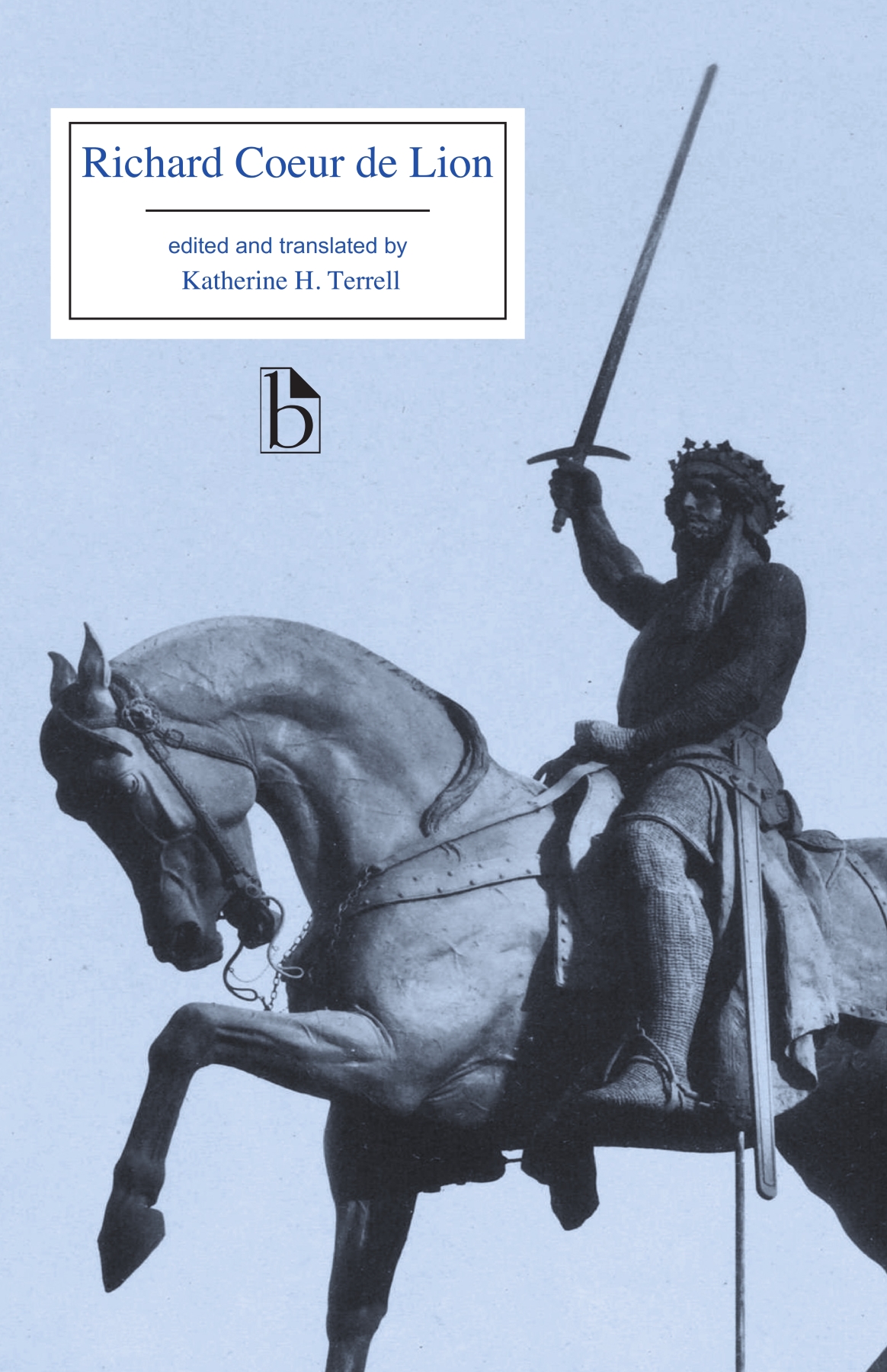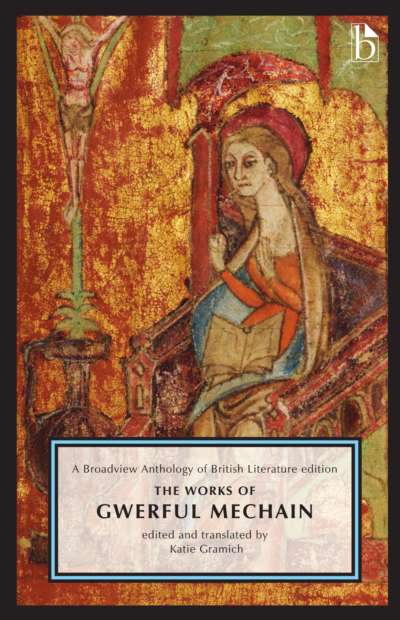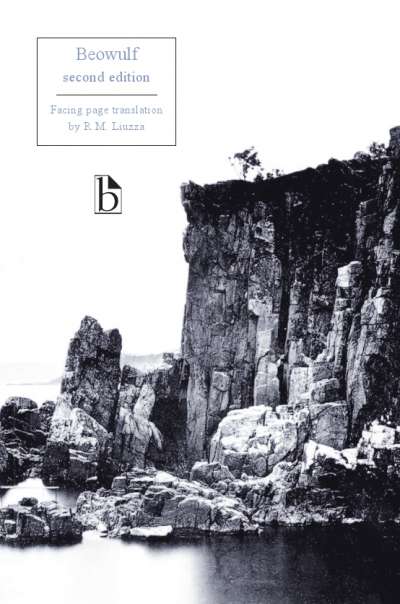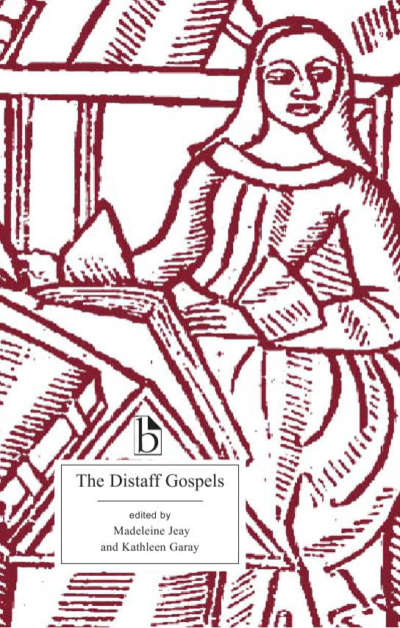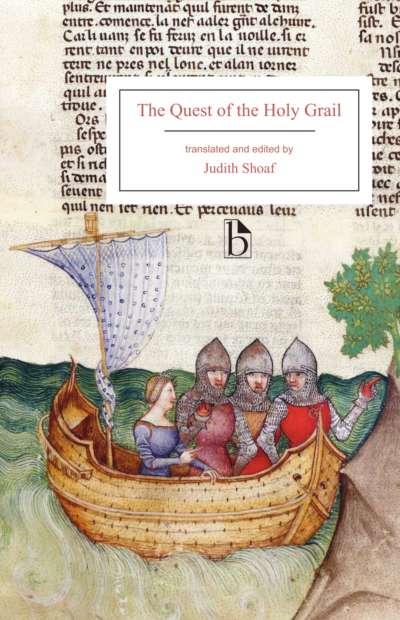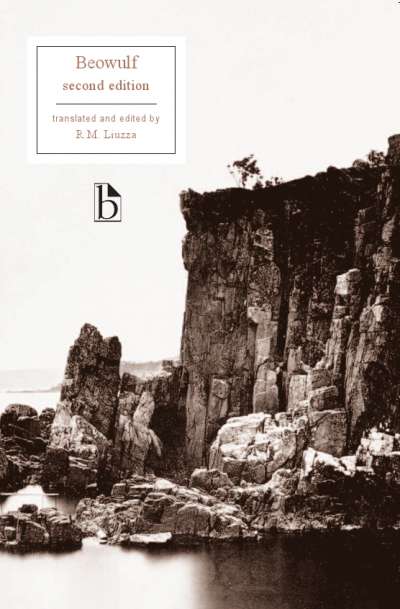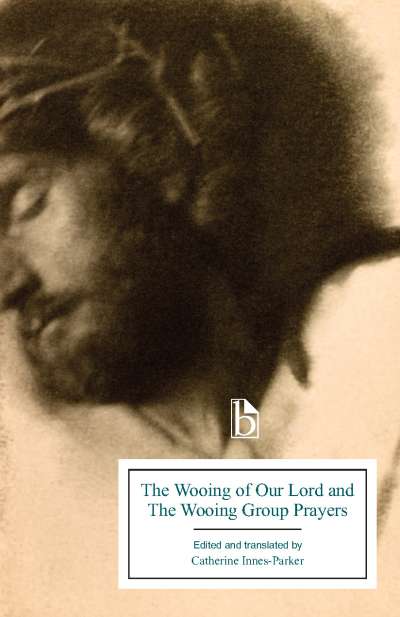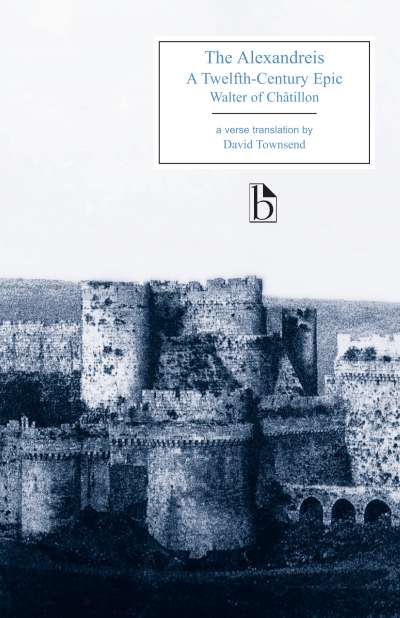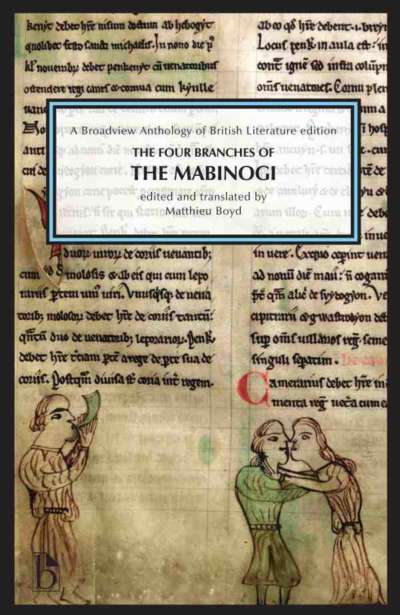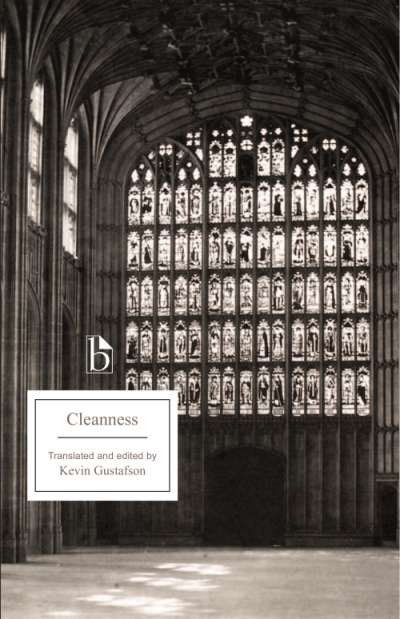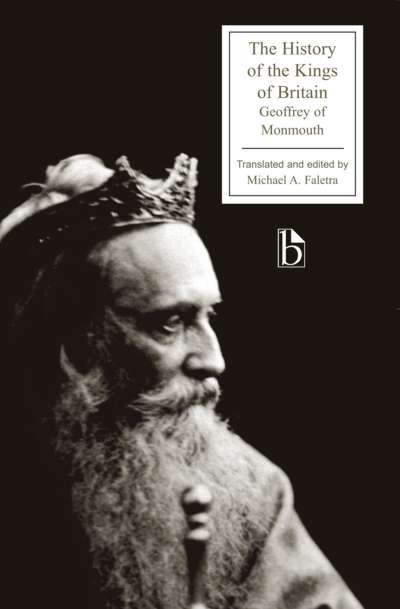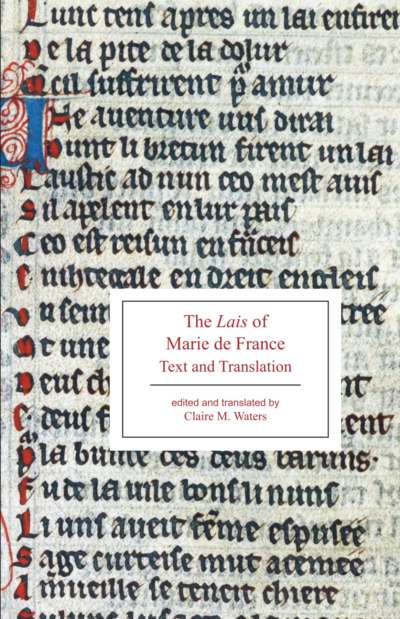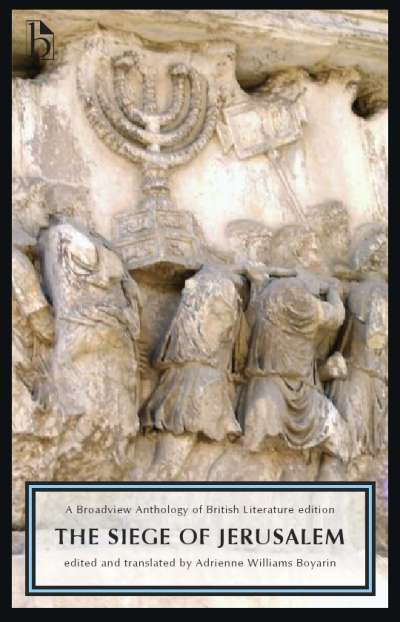The Middle English romance of Richard Coeur de Lion transforms the historical Richard I of England—a Frenchman by upbringing, who spent only four months of his reign in England and who once joked that he would sell London to finance his Crusade if he could only find a buyer—into an aggressively English king. This act of historical revision involves the invention of several fantastic elements that give Richard the superhuman force necessary to unite the English nation and elevate it above all others. Springing from a supernatural birth and endowed with exceptional strength and an insatiable and transgressive appetite, Richard embodies a vision of triumphant Englishness that humiliates and decimates England’s foes, whether they be French, German, or Muslim.
Katherine Terrell’s faithful but poetic new modern English translation is fully annotated. Appendices include materials on cannibalism, the Crusades, and English national myths.
Comments
“Richard Coeur de Lion stands out in the Middle English romance tradition for its union of historical details of the Third Crusade with fantastical elements, including royal cannibalism, a flying demonic mother, and almost magical feats of technology. Katherine H. Terrell’s translation is well crafted and clear, while her abundant selections from historical chronicles and documents in the appendices open up the twelfth-century context of Richard’s reign to the reader. This volume is an excellent addition to courses on medieval studies, history of the Crusades, romance, and fantasy literature through the ages. It also sheds light on women’s history, through the romance’s elaborate yet oblique treatment of the historical Richard’s powerful mother, Eleanor of Aquitaine.” — Suzanne Conklin Akbari, University of Toronto
“Terrell’s edition offers the first complete modern English translation of Richard Coeur de Lion. This provocative Middle English romance reimagines the events of the Third Crusade and provides valuable insight into fourteenth-century identity formation contingent on crusading involvements and religious competition. The fictive account, which presents a King Richard I of England who engages in crusader cannibalism, invites students and scholars to explore the historical exigencies of premodern religious warfare as well as to examine the management and production of a royal, proto-national image. Terrell’s meticulous and elegant translation will provide undergraduate students and general readers with a welcome entrance into this complex poem. Richard Coeur de Lion in translation will certainly find its place in university classrooms alongside other fourteenth-century Middle English crusade romances such as Boyarin’s Siege of Jerusalem, and canonical works such as Geoffrey Chaucer’s The Knight’s Tale.” — Suzanne M. Yeager, Fordham University
Acknowledgements
Introduction
Richard I: A Brief Chronology
A Note on the Text
Richard Coeur de Lion
Appendix A: The Middle English Richard Coer de Lyon
- Cassodorien’s Marriage
- First Episode of Cannibalism
- Richard’s Message to Saladin
- King Richard at Jaffa
Appendix B: Calls to Crusade
- “Pope Urban II’s Call for a Crusade” (10 November 1095)
- “Pope Gregory VIII, Audita tremendi” (29 October 1187)
Appendix C: Cannibalism
- Crusader Cannibalism
- From “Daibert, Archbishop of Pisa, Duke Godfrey, Advocate of the Holy Sepulchre, Raymond, Count of St. Gilles, and the entire army of God, to the Pope and all the Christian faithful” (September 1099)
- From the Gesta Francorum (c. 1100)
- From Raymond d’Aguilers, Historia Francorum qui Ceperunt Jherusalem (c. 1102)
- From Fulcher of Chartres, A History of the Expedition to Jerusalem 1095–1127 (c. 1106)
- From Guibert of Nogent, The Deeds of God through the Franks (c. 1109)
- From Ralph of Caen, The Gesta Tancredi (c. 1118)
- From William of Malmesbury, Chronicle of the Kings of England (c. 1127)
- From Orderic Vitalis, The Ecclesiastical History (c. 1142)
- From William of Tyre, A History of Deeds Done beyond the Sea (c. 1184)
- From the Chanson d’Antioch (c. 1200)
- Religious Cannibalism
- From Robert Mannyng, Handlyng Synne (early fourteenth century)
- From “On the Feast of Corpus Christi” (late fourteenth century)
- Literary Cannibalism
- From Geoffrey of Monmouth, The History of the Kings of Britain (c. 1138)
- From The Alliterative Morte Arthure (late fourteenth century)
Appendix D: Richard I and the Third Crusade
- Richard’s Character
- From The Itinerarium Peregrinorum et Gesta Regis Ricardi (c. 1220)
- Richard in Sicily
- Roger of Howden, “The Siege of Messina” (c. 1200)
- Roger of Howden, “Richard Does Penance” (c. 1200)
- Richard at Acre
- Letter from Richard I to William Longchamp (1191)
- From Richard of Devizes, The Chronicle of Richard of Devizes of the Time of King Richard the First (c. 1192)
- Two Accounts of the Killing of Hostages at Acre
- From Bahā’ al-Dīn Ibn Shaddād, The Rare and Excellent History of Saladin (c. 1198–1215)
- From Ambroise, The History of the Holy War (c. 1194–99)
- Richard at Jaffa
- Letter of Richard I, King of England, to N. (1 October 1191)
- From Richard of Devizes, The Chronicle of Richard of Devizes of the Time of King Richard the First (c. 1192)
- “Gift of a Horse” (mid-thirteenth century)
Appendix E: National and Family Legends
- From Gerald of Wales, On the Instruction of Princes (c. 1216–23)
- Legends of Eleanor of Aquitaine
- From John of Salisbury, Memoirs of the Papal Court (c. 1164)
- From Walter Map, De Nugis Curialium/Courtiers’ Trifles (1181–92)
- From William of Tyre, A History of Deeds Done beyond the Sea (c. 1184)
- From Richard of Devizes, The Chronicle of Richard of Devizes of the Time of King Richard the First (c. 1192)
- From Gerald of Wales, On the Instruction of Princes (c. 1216–23)
- From A Thirteenth-Century Minstrel’s Chronicle (c. 1260)
- From the French Chronicle of London (early fourteenth century)
- Englishmen with Tails
- From Richard of Devizes, The Chronicle of Richard of Devizes of the Time of King Richard the First (c. 1192)
- From Layamon’s Brut (c. 1205)
Works Cited and Recommended Reading
Katherine H. Terrell is Associate Professor of English at Hamilton College.

